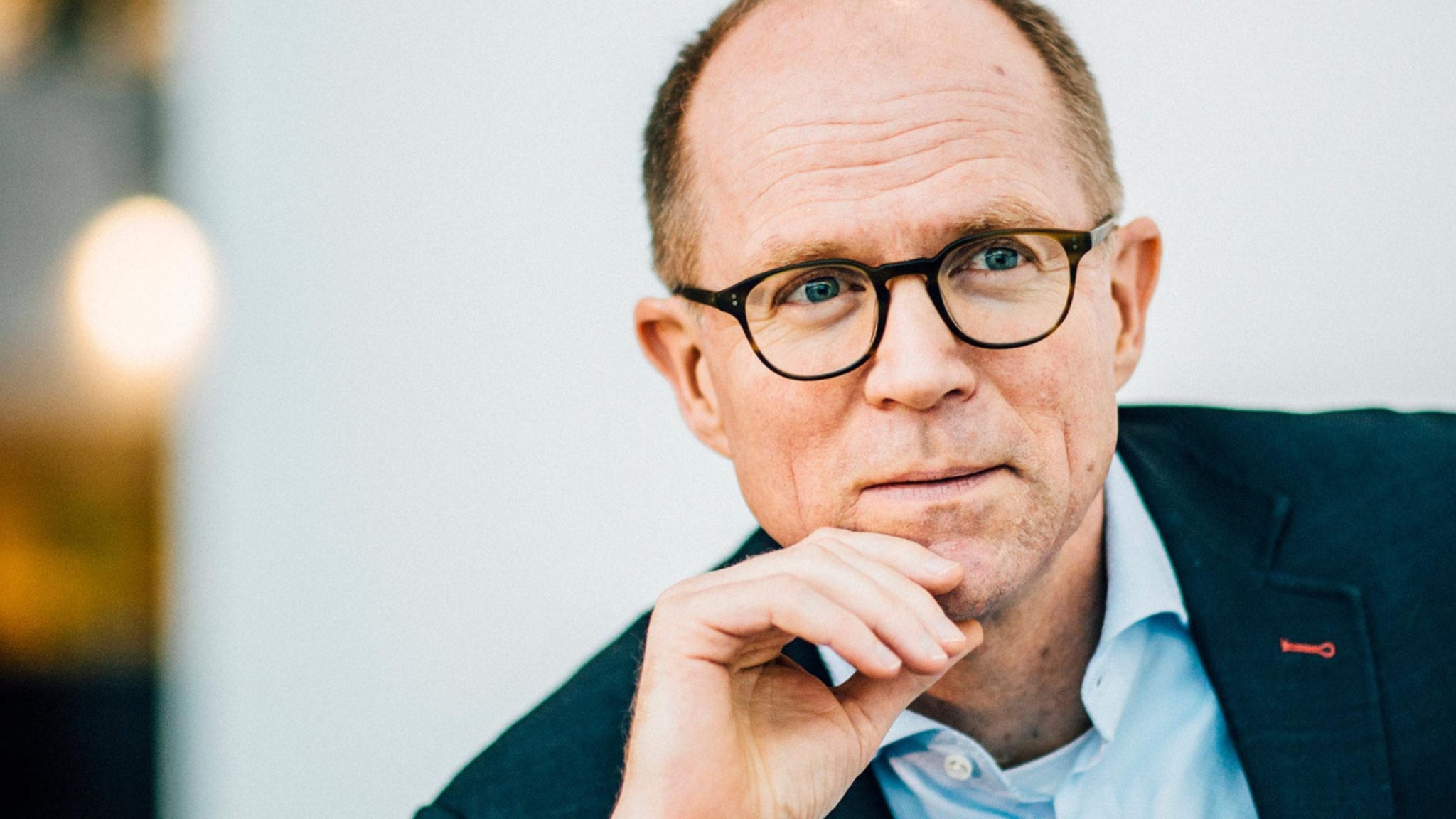
IDO on the rebound? Danish outfit IO Biotech hopes so with oversubscribed Series B one month after BTD in melanoma
Less than a month after achieving breakthrough therapy designation in melanoma, IO Biotech has secured an oversubscribed Series B that will help them get their immune-modulating IDO and PD-L1 cancer vaccines through a late-stage trial.
The Copenhagen-based company netted €127 million ($154.5 million) in the round, it revealed Wednesday morning, raising the stakes for its T cell activating therapies. It’s the biggest fundraise for the biotech since its founding in conjunction with Novo Seeds in 2014, when it pulled in an amount more than 11 times higher than its Series A about four years ago.
Unlock this article instantly by becoming a free subscriber.
You’ll get access to free articles each month, plus you can customize what newsletters get delivered to your inbox each week, including breaking news.